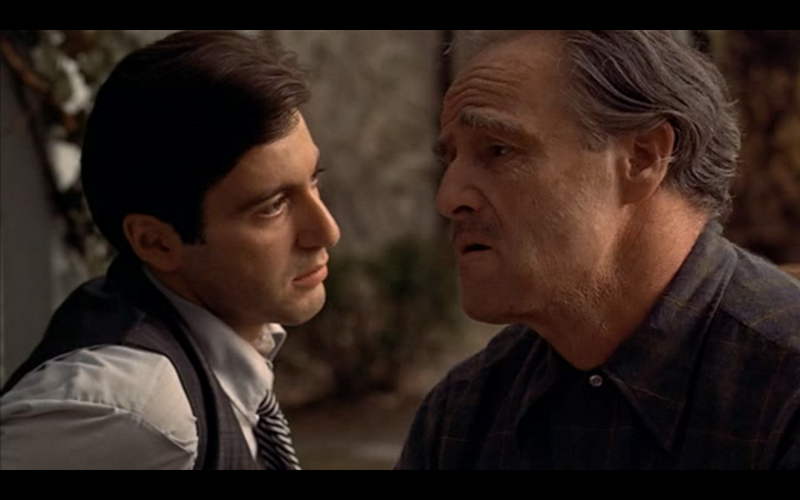
Remember when we’d gather around those bulky television sets, antenna adjusted just right, to catch our favorite shows? The 1970s were truly the golden age of television, bringing us unforgettable characters who became like family. The 1970s ushered in a true golden era of television—a time when family living rooms weren’t just for relaxing, but for gathering around the glowing screen to spend time with characters who felt like old friends. These actors and the roles they played didn’t just entertain; they became part of the fabric of our daily lives, shaping pop culture and defining an entire era.
Whether they made us laugh, cry, or sit in suspense, their presence was so consistent and comforting, it felt as though they had a permanent seat on the living room couch. With their magnetic personalities, memorable catchphrases, and the ability to tap into the cultural heartbeat of the times, these stars became more than just entertainers—they were fixtures in millions of homes. We looked up to them, chuckled at their antics, and sometimes, even saw a reflection of ourselves or our neighbors in their on-screen personas.
But here’s a thought experiment for you: What if these legendary characters, beloved for their ’70s charm, were beamed straight into our 2024 social media-driven world? Would they still be celebrated? Or would their careers, and perhaps even their shows, vanish faster than a dial tone on a rotary phone? Let’s take a wild, nostalgic, and slightly cringe-worthy trip down memory lane to look at seven ’70s TV characters whose antics, while iconic back then, would instantly spark controversy and potentially end their careers today. Get ready, because some of these truths might hit harder than a disco ball to the head!

1. **Archie Bunker – All in the Family**”Archie Bunker was one of the most iconic TV characters of the ‘70s, and there’s no denying his influence.” Played brilliantly by Carroll O’Connor, Archie was a loudmouthed, opinionated, old-school working man whose blunt, often offensive remarks made him both infuriating and hilarious. He represented a generation struggling with changing social norms, and audiences either loved him or loved to hate him, as the context points out. His frequent arguments with his liberal son-in-law, Mike, became legendary, often highlighting the generational divide in America.
The genius of “All in the Family” was in its ability to tackle serious social issues through humor, often using Archie’s bigotry to expose its absurdity. However, the show’s nuanced approach, which often “used him to highlight the flaws in his thinking,” wouldn’t necessarily translate well in today’s fast-paced, context-stripped social media environment. A quick clip of Archie’s most offensive remarks, shared on TikTok or Twitter, would likely go viral for all the wrong reasons, leading to an immediate and overwhelming backlash.
“But by today’s standards, Archie’s views on race, gender roles, and social issues would make him incredibly controversial.” Imagine the outrage if a character spouted his kind of prejudiced comments on prime-time television today! What was once seen as a way to “spark thoughtful conversation” might now be misinterpreted, or worse, taken “at face value” by viewers looking for a reason to be offended. His career would be over before the first season even wrapped, drowned out by calls for cancellation and public apologies.
Read more about: Charles Strouse: A Legacy in Melodies – Remembering the Visionary Composer Behind Broadway’s ‘Bye Bye Birdie’ and ‘Annie’ at 96

2. **Fonzie – Happy Days**Arthur “The Fonz” Fonzarelli was the epitome of cool in the ‘70s. With his leather jacket, catchphrase (“Ayyyy!”), and ability to make jukeboxes play with a single touch, he was the guy everyone wanted to be—or be with. He was smooth, confident, and always knew how to get out of a jam. The Fonz was the ultimate ladies’ man, and his effortless charm made him a cultural icon, adored by millions. His cool demeanor and signature thumbs-up were a staple of the decade, making him an enduring symbol of 1970s television and youth culture.
However, if The Fonz walked into a modern workplace or even a casual social gathering with his ’70s playbook, things would go south faster than a greased lightning. “But Fonzie’s treatment of women, by today’s standards, would raise eyebrows.” His constant flirting and smooth-talking ways were considered charming back then, a hallmark of his irresistible appeal. Every episode seemed to feature him effortlessly attracting women with little more than a snap of his fingers and a confident smirk.
In our current climate, where consent, respect, and professional boundaries are paramount, “his constant flirting and smooth-talking ways… could be viewed as pushy or even inappropriate.” The casual way he pursued women, often without clear signals of interest from them, would likely be flagged as harassment, leading to serious consequences. The Fonz might still be cool, but “in a modern context, The Fonz would need to tone it down” significantly, or his career would be canceled faster than he could say “Ayyyy!” His cool would quickly become a major liability.
Read more about: From Springfield to Westeros: 9 TV Characters Who Defined a Generation and Live Rent-Free in Our Heads
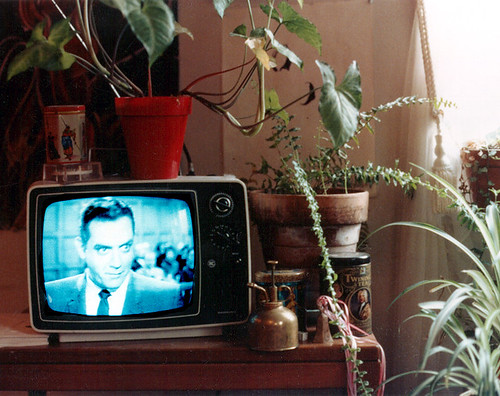
3. **J.J. Evans – Good Times**Jimmie Walker’s J.J. Evans brought humor and energy to “Good Times” with his over-the-top personality and signature catchphrase, “Dy-no-mite!” His exaggerated antics made him one of the most recognizable sitcom characters of the decade, and he was a breakout star of the show. J.J. was known for his aspiring artist dreams, even if his actual artistic talent was often played for laughs. His buoyant spirit often provided much-needed comic relief amidst the more serious themes explored by the Evans family living in inner-city Chicago.
Yet, despite his popularity and undeniable comedic timing, J.J.’s character has long been a point of contention for many critics. The show itself aimed to depict the struggles and triumphs of an African American family, but J.J.’s portrayal often veered into problematic territory. He became a symbol of a certain kind of caricature that, while seemingly harmless at the time, has not aged well and would be unacceptable in contemporary media.
“However, many critics felt that J.J.’s character leaned too much into harmful stereotypes.” His depiction “as a bumbling, jobless goofball sometimes overshadowed the show’s deeper messages about African American families and struggles.” While audiences loved him at the time for his infectious energy and catchphrases, modern viewers might find his character problematic. Today, such a portrayal would likely face accusations of perpetuating negative stereotypes, leading to widespread calls for the character to be written off or, at the very least, drastically re-evaluated, making his career “over instantly.”
Read more about: Hollywood’s New Guard: Unpacking the Rise of the Next-Gen A-Listers You Need to Know Now
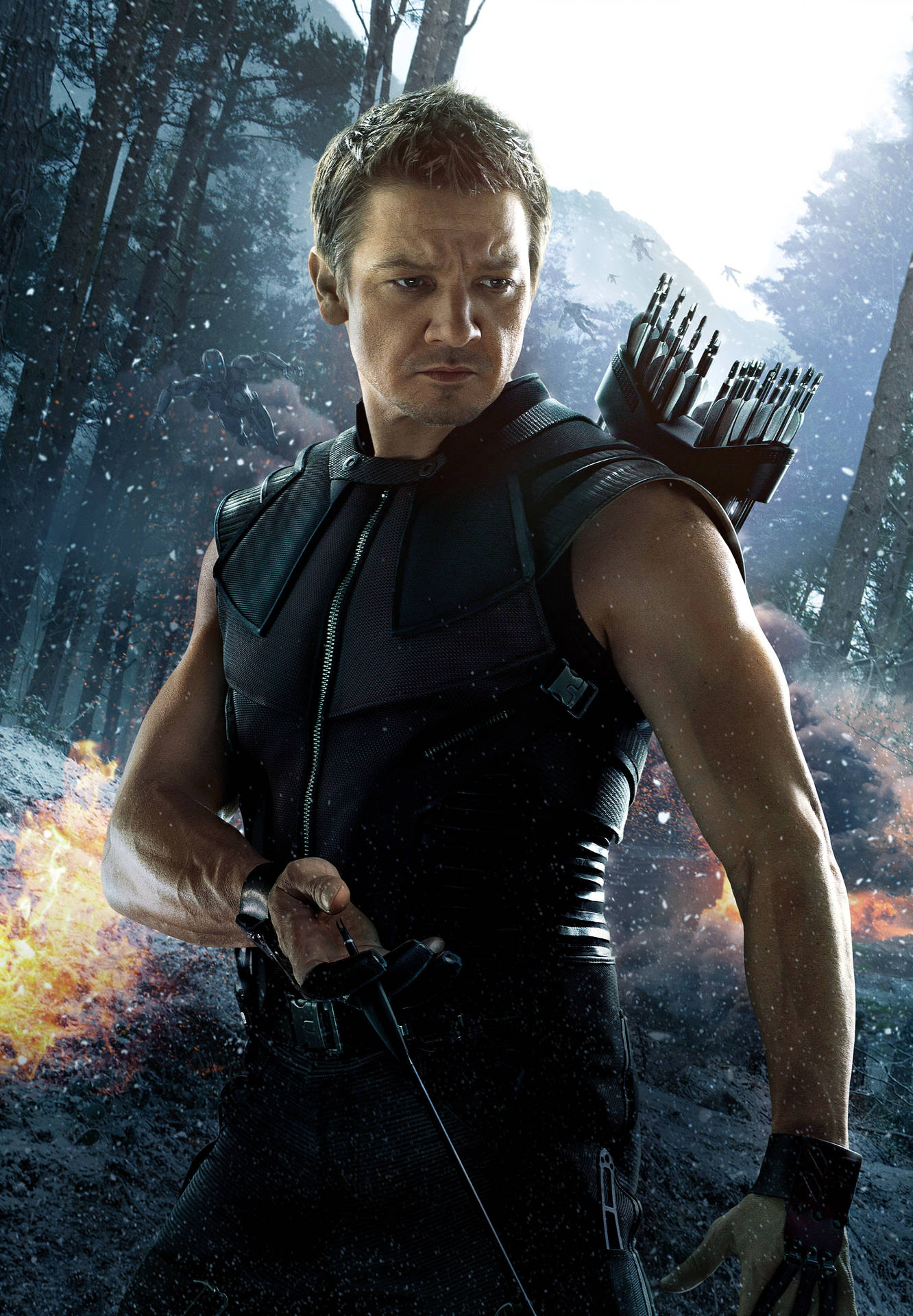
4. **Hawkeye Pierce – MASH**Hawkeye Pierce, played by Alan Alda, was the quick-witted, womanizing surgeon at the heart of “MASH.” His sarcastic humor and anti-authority attitude made him a fan favorite, and he often served as the moral center of the show, especially when it came to highlighting the absurdity and tragedy of war. His deep friendships and moments of sincerity balanced out his comedic antics, making him a complex and beloved character who resonated with audiences for years. He was the charming rogue, using humor as a coping mechanism in the dire circumstances of the Korean War.
However, even a beloved character like Hawkeye isn’t immune to the changing tides of social acceptability and workplace conduct. While his quick wit and surgical skills were never in question, his personal life, particularly his interactions with female nurses and colleagues, would be a major liability today. His “relentless pursuit of women, often ignoring boundaries,” was a recurring theme throughout the series, consistently played for laughs and seen as part of his charming, rebellious persona.
In a modern setting, such behavior would be far from charming; it would be highly unprofessional and legally actionable. “Many of his flirtations would be seen as harassment rather than charming persistence.” The casual way he propositioned nurses, often in a professional and high-stress medical environment, would lead to immediate HR complaints, mandatory sensitivity training, and a swift and decisive end to his medical career, let alone his television one. While his character evolved over time, early seasons of “MASH” featured behavior that modern audiences wouldn’t find amusing, rendering his career non-existent in today’s world.
Read more about: Beyond the Credits: Iconic Film and TV Actors We Lost in 2024 You Might Have Missed
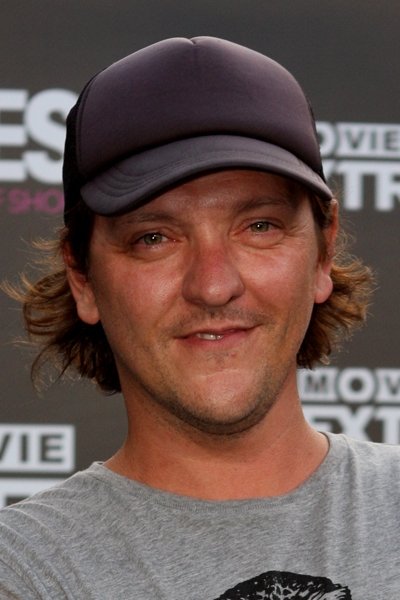
5. **Jack Tripper – Three’s Company**John Ritter’s Jack Tripper was a lovable goofball who got into endless misunderstandings on “Three’s Company.” His slapstick comedy and awkward situations made him a hilarious and endearing character, a true master of physical comedy. The entire show revolved around him pretending to be gay so he could live with two female roommates, Janet and Chrissy, which was considered a bold and daring premise at the time, generating much of the show’s humor from the farce of the situation and the misunderstandings that followed with their landlord, Mr. Roper.
The central comedic premise, however, is precisely where the trouble begins in a modern context. While revolutionary for its time to even touch on the subject of sexuality, the execution of the joke relied heavily on stereotypes and a fundamental misunderstanding, or misrepresentation, of LGBTQ+ identities. The idea that a straight man would need to pretend to be gay to share an apartment with women, or that this pretense would be a continuous source of humor, is deeply outdated and problematic.
“However, the entire joke of the show relied on outdated ideas about gender roles and sexuality.” Jack’s “pretend” sexuality was played for laughs, reinforcing stereotypes rather than breaking them down or exploring them meaningfully. Today, a sitcom built around this kind of humor likely wouldn’t get the same warm reception. Instead, it would be heavily criticized for trivializing LGBTQ+ identities and perpetuating harmful misconceptions, making it an instant target for cancellation and ensuring Jack Tripper’s career would be a very short one, if it even began.
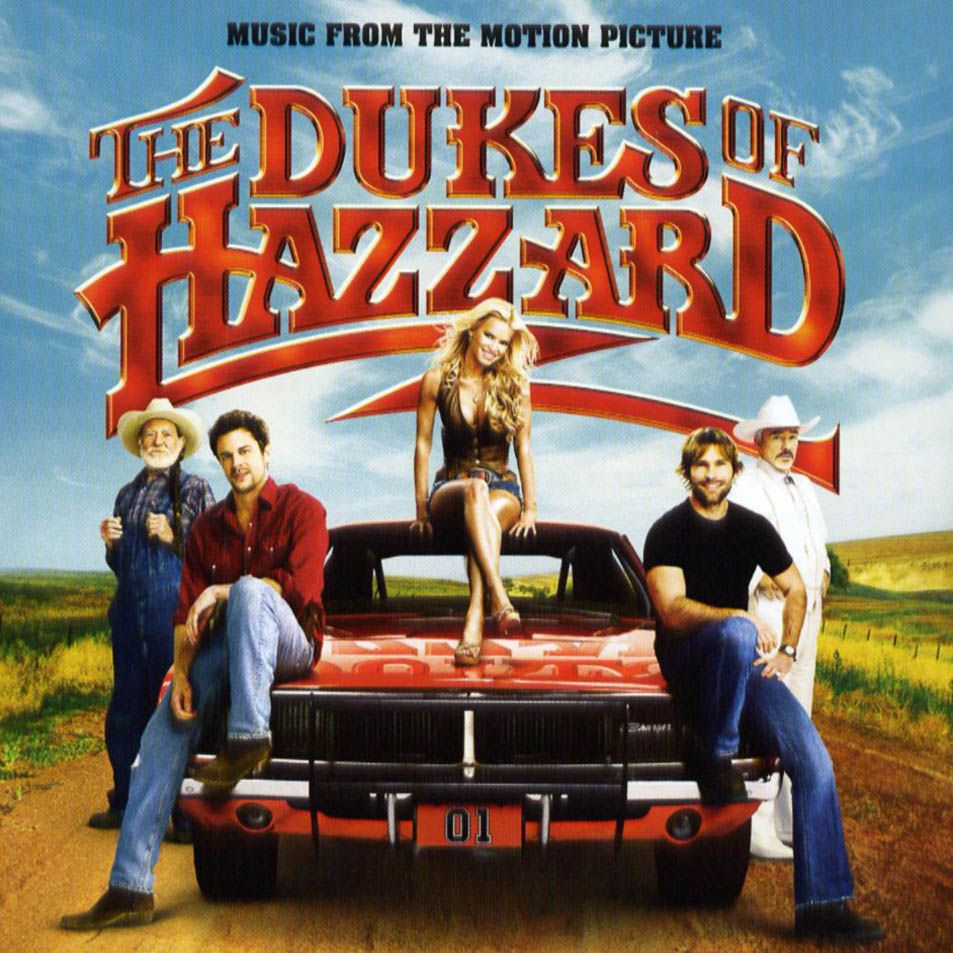
6. **Boss Hogg – The Dukes of Hazzard**Boss Hogg was the greedy, corrupt county commissioner always scheming against the Duke boys. His over-the-top villainy and bumbling ways made him a classic ‘70s TV antagonist. With his white suit, cigar, and money-hungry antics, he was a caricature of small-town corruption, a cartoonish villain who always got his comeuppance. He was the embodiment of the local authority figure who abused his power for personal gain, providing endless opportunities for the Duke boys to outsmart him with their daring antics.
However, the context surrounding “The Dukes of Hazzard” itself has become a major point of controversy in recent years, casting a long shadow over characters like Boss Hogg. “But The Dukes of Hazzard itself has faced backlash for its Confederate flag imagery,” a detail that would be completely unacceptable on television today. This controversial imagery instantly makes any association with the show, and its characters, a public relations nightmare that no network would dare touch.
Beyond the show’s controversial symbols, “Boss Hogg’s representation of law enforcement corruption plays differently today.” What was once meant to be a comedic, exaggerated joke about a bumbling, dishonest public official now “serves as a reminder of real-life issues with power and justice.” In an era of heightened awareness about police accountability and systemic corruption, a character like Boss Hogg, even as a villain, would be seen as tone-deaf and irresponsible, sparking outrage and ensuring his career, and the show, would be immediately shut down before a single car chase could even begin.
Read more about: Beyond the Screen: Uncovering the Fates of the Most Iconic TV and Movie Cars Ever
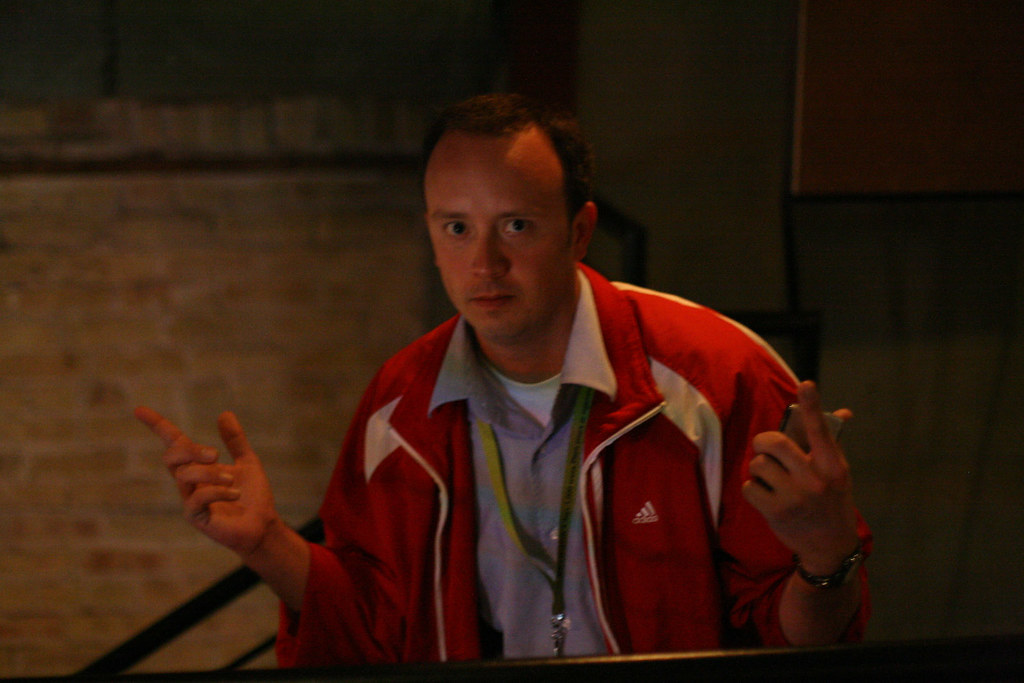
7. **Latka Gravas – Taxi**Andy Kaufman’s Latka Gravas was a standout character on “Taxi” with his quirky personality, odd accent, and catchphrases. He was a lovable, naive immigrant who stole every scene he was in, often bringing a surreal and unpredictable element to the show. His gibberish-speaking alter ego, “Vic Ferrari,” added another layer of absurdity to his character, showcasing Kaufman’s unique comedic genius and making Latka one of the most memorable and unique figures in ’70s television, a true fan favorite for his innocent charm and unexpected wisdom.
While Latka’s unusual communication style and innocent nature endeared him to audiences, the humor often stemmed from his “otherness,” a concept that has become increasingly scrutinized over the decades. His character, though beloved, was built on a foundation that would be considered highly problematic in today’s diverse and culturally sensitive media landscape. The line between affectionate humor and harmful stereotyping is one that has shifted dramatically, making much of Latka’s humor a potential landmine.
“However, his exaggerated foreign accent and portrayal as a clueless outsider wouldn’t sit well today.” What was once considered innocent humor now feels like a stereotype that mocks rather than celebrates immigrant experiences. The implication that an immigrant character’s foreignness is inherently comedic, especially through an exaggerated accent or general cluelessness, would be widely criticized. While Latka was beloved in his time, modern audiences might cringe at his portrayal, and his career would likely be a short-lived controversy rather than a long-running comedic success.
Ready for more blasts from the past that would crash and burn today? We’ve covered some serious heavy-hitters already, but trust me, the ’70s had even more characters whose antics, while laugh-out-loud funny back then, would now have us all reaching for the cancel button. Let’s dive into the next batch of iconic figures who, bless their retro hearts, just wouldn’t make the cut in our modern landscape. Get ready to cringe and chuckle all at once!
Read more about: Remembering 10 Iconic ’80s Stars Lost Too Soon: A Look Back at Their Lives and Unforgettable Legacies
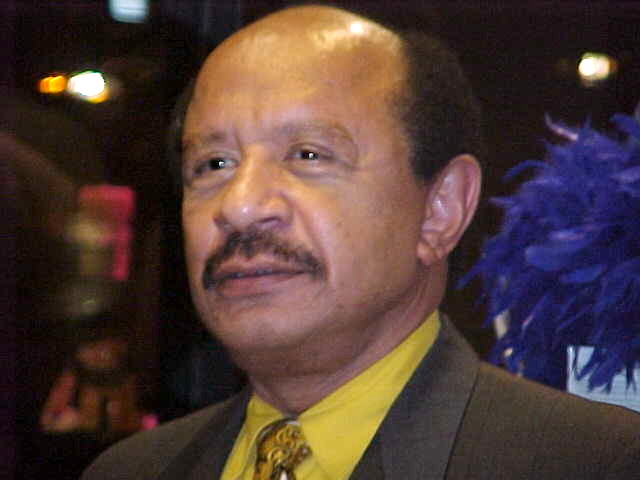
8. **George Jefferson – The Jeffersons**You can’t talk about ‘70s TV without mentioning George Jefferson! Sherman Hemsley’s portrayal of this character was groundbreaking, introducing us to a wealthy Black businessman who was fiercely proud of his success, unapologetic, and always ready with a sharp retort. His quick temper and hilarious one-liners made him an instant fan favorite, and let’s not forget how his constant put-downs of his white neighbor, Tom Willis, truly flipped the script on racial humor in a way that was revolutionary for its time.
George’s confidence and his ascent from humble beginnings to a successful dry-cleaning empire were genuinely admirable and inspiring. He symbolized Black excellence and self-made success on television, a powerful image for audiences. He wasn’t afraid to speak his mind, and that directness, coupled with his pride, resonated deeply with many viewers who were tired of seeing more passive portrayals. His character was designed to challenge racial assumptions head-on, much like Archie Bunker, but from a different perspective.
But here’s where things get tricky in 2024: while George broke barriers, his frequent use of offensive language and stereotypes, especially aimed at various groups, wouldn’t fly today. His insults, which were often meant to mirror Archie Bunker’s bigotry in reverse, were part of the show’s comedic formula. However, modern television has largely moved away from this kind of humor, recognizing the potential for harm and the perpetuation of stereotypes, even when attempting to subvert them.
Imagine a Twitter storm ignited by a clip of George dropping one of his notoriously harsh jokes! What was once understood as part of a complex, barrier-breaking character would likely be stripped of its context and deemed unacceptable. While his underlying confidence and success would still be celebrated, his harsh jokes and casual use of slurs would instantly violate today’s standards for inclusive and respectful media, ensuring his career would be over before you could say, “Weezy!”
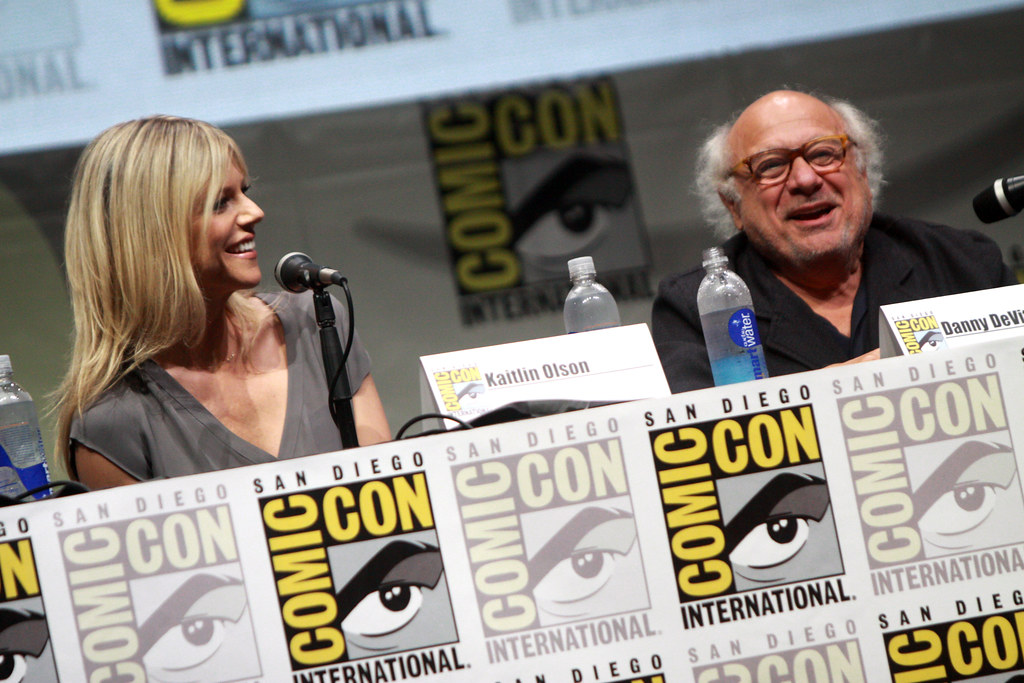
9. **Louie De Palma – Taxi**Alright, let’s talk about a character who was arguably one of TV’s most iconic bosses, even if he was a total jerk. Danny DeVito’s Louie De Palma from “Taxi” was loud, rude, and completely self-absorbed, but somehow, we couldn’t help but be captivated by him. His short stature combined with his huge attitude made him a hilarious, albeit despicable, antagonist to the rest of the lovable “Taxi” crew.
Louie was the ultimate schemer, always looking out for number one, whether it was pocketing a few extra bucks or making life miserable for his drivers. He was selfish, often manipulative, and yet, there was this strange, undeniable charm to his over-the-top nastiness that made him a memorable fixture on the show. DeVito’s brilliant performance made it easy to hate him, but also to understand why he became such a cultural touchstone. He was the boss everyone loved to complain about, but secretly enjoyed watching.
However, if Louie De Palma pulled his ’70s antics in a modern workplace, the HR department would be working overtime, and his career would be toast faster than you could hail a cab. His frequent inappropriate comments and sleazy behavior toward women, particularly Elaine Nardo, would not hold up today. What was once brushed off with a shrug and a “that’s just Louie being Louie” would now be considered outright harassment, pure and simple.
In today’s climate, where workplace boundaries, respect, and consent are non-negotiable, Louie’s constant objectification and crude remarks would lead to immediate termination, legal action, and a public shaming that would make his “Taxi” office feel like a five-star resort. While Danny DeVito’s performance remains brilliantly iconic, Louie De Palma’s character, as written in the ’70s, would need a serious, top-to-bottom rewrite to even stand a chance of appearing on screens today.

10. **Steve Austin – The Six Million Dollar Man**He was the man, the myth, the bionic legend! Steve Austin, played by the effortlessly cool Lee Majors, was the ultimate action hero of the ’70s. With his iconic bionic enhancements, those thrilling slow-motion jumps accompanied by unforgettable sound effects, he wasn’t just a character; he was *the* sci-fi hero everyone wanted to be. He was tough, heroic, always saved the day, and made us believe a man could indeed be rebuilt better, stronger, and faster.
Steve Austin embodied the epitome of ’70s masculinity: stoic, strong, and always in control. He was the government’s secret weapon, a man of few words but mighty actions. This portrayal resonated deeply with an audience looking for a reliable, unwavering hero in an era of global uncertainty. His adventures were pure escapism, showcasing cutting-edge (for the time) technology and good triumphing over evil, all wrapped up in a package of undeniable cool.
But let’s be real, if Steve Austin zipped into 2024, his “might makes right” approach and general demeanor would be less celebrated and more scrutinized. He really embodied the overly macho, emotionless hero trope that has largely faded from modern storytelling. Today’s audiences crave heroes with emotional depth, vulnerability, and complex motivations, not just bionic strength and a cool stride. His constant stoicism, while part of his charm, would now feel a bit…flat.
And then there’s the way he navigated relationships. His interactions with women were often, let’s just say, one-dimensional. Women in his orbit were frequently damsels in distress or temporary love interests without much agency or backstory of their own. While he remains an action icon, a modern Steve Austin would absolutely need to be rewritten with far more depth, emotional intelligence, and respect for female characters, or his career would be instantly dismantled like a malfunctioning bionic limb.
Read more about: From Humble Beginnings to Electric Dreams: A Deep Dive into Elon Musk’s Electrifying and Eclectic Garage
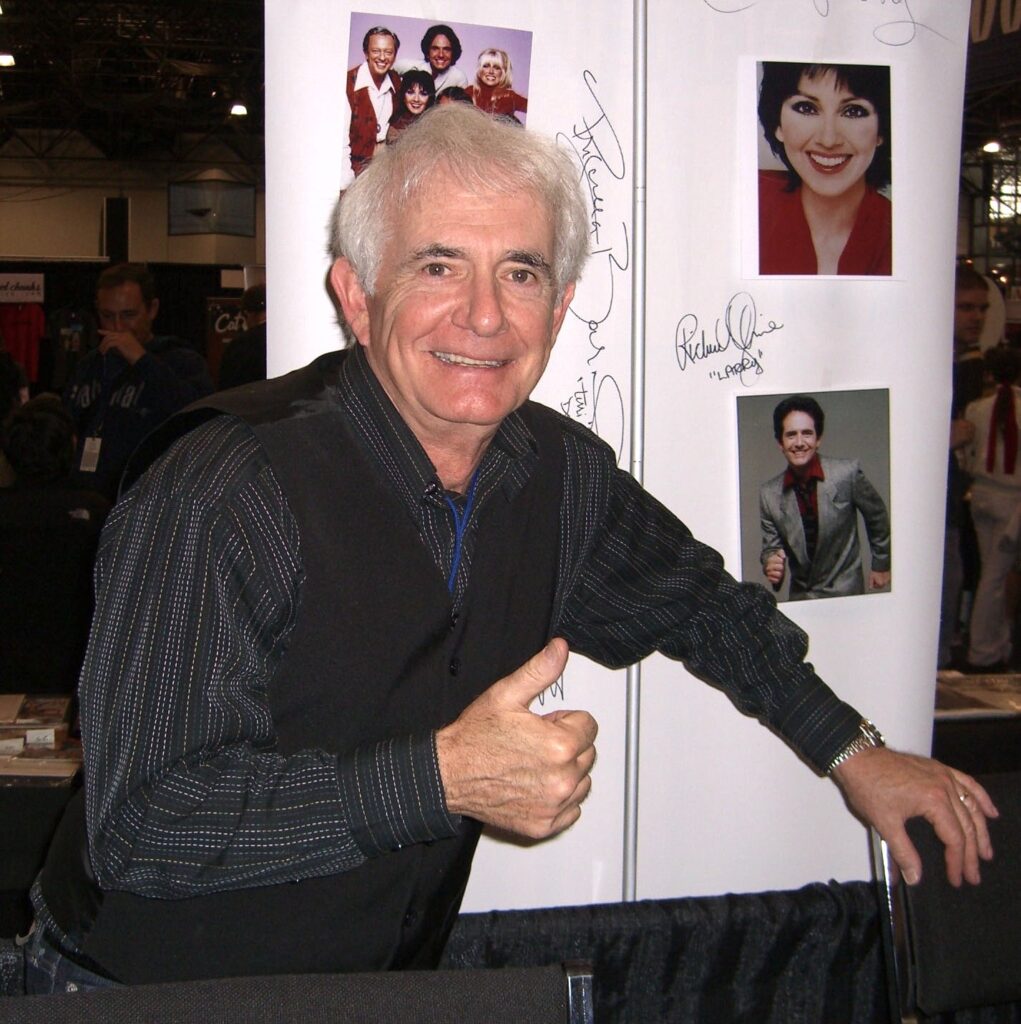
11. **Larry Dallas – Three’s Company**Oh, Larry Dallas! The smooth-talking, mustachioed ladies’ man from “Three’s Company” who graced Jack Tripper’s apartment far too often. Played by Richard Kline, Larry was undeniably charming, often quite funny, and always, *always* ready with a slick pick-up line, usually aimed at one of the lovely roommates. His exaggerated playboy persona was a staple of the show’s comedic misunderstandings, adding another layer of delightful farce to the classic sitcom.
Larry’s character was meant to be the lovable rogue, the guy who thought he was irresistible and whose endless pursuit of women was played for laughs. He was a master of the cheesy compliment and the persistent invitation, often hilariously oblivious to how transparent his intentions were. His antics provided plenty of innocent amusement, and he was a consistent source of well-meaning but often misguided advice for Jack and the girls.
However, if Larry Dallas tried to pull his flirtatious stunts today, he wouldn’t be seen as charming; he’d be seen as a menace, and his career would be over faster than Chrissy Snow could say “Oh, Mr. Roper!” By today’s standards, Larry’s behavior would come across as pushy at best and downright inappropriate at worst. His relentless pursuit of women, often without truly taking “no” for an answer, wouldn’t be considered harmless comedy anymore; it would be viewed through a very different, and much more serious, lens.
Imagine the social media uproar if a character consistently ignored boundaries and personal space the way Larry did! His “harmless” flirtations, which were once met with eye-rolls and giggles, would now likely be met with accusations of harassment and public condemnation. While he was a goofy and endearing part of the ’70s sitcom landscape, modern audiences would likely find his antics more cringeworthy than charming, ensuring his screen time would be permanently cut.
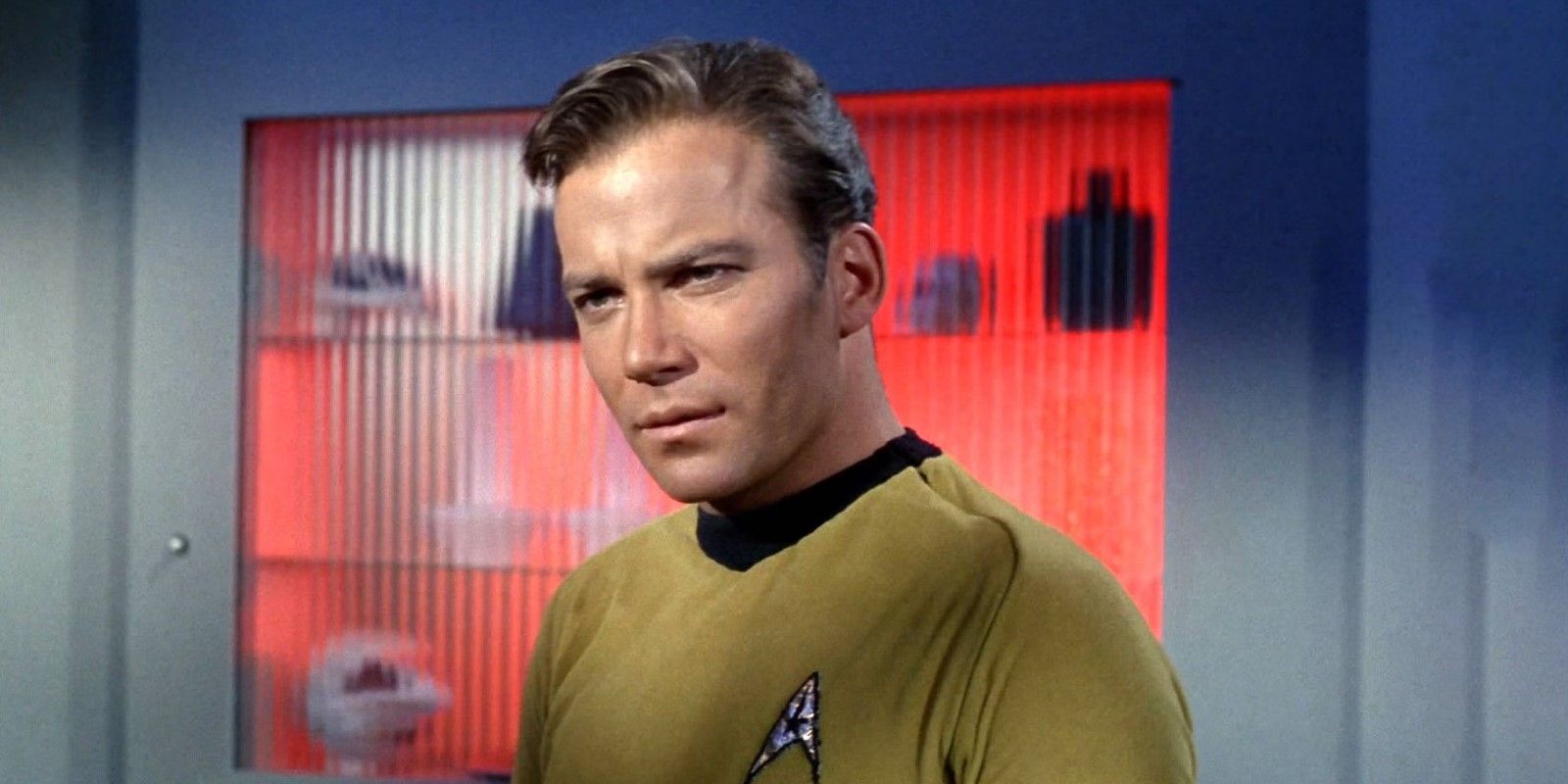
12. **Captain Kirk – Star Trek**Beam me up, Scotty, because we’ve got to talk about Captain James T. Kirk! William Shatner’s portrayal of the USS Enterprise commander was truly a trailblazing TV icon. He was bold, fearless, and always ready to take command, leading his crew on countless interstellar adventures. His leadership made him a hero to a generation, and his adventurous spirit perfectly embodied the excitement of space exploration at the time. He even broke boundaries, famously being part of one of TV’s first interracial kisses!
Captain Kirk was the ultimate space cowboy, a charismatic leader who wasn’t afraid to bend the rules to save the day or explore strange new worlds. He had an undeniable swagger, a quick wit, and a passionate dedication to his crew and his mission. For millions, he was the embodiment of what a hero should be: intelligent, decisive, and always fighting for what’s right, even if it meant getting into a few brawls along the way.
However, despite his legendary status, Kirk’s approach to women wouldn’t just “not sit well” in today’s world—it would raise major red flags faster than the Enterprise could jump to warp speed. His flirtations were constant, his romances frequent, and his habit of kissing female characters without much warning or explicit consent was a recurring trope. While it was often played for romantic tension or lighthearted drama in the ’70s, those scenes would trigger a massive backlash today.
In an era deeply focused on consent, respect, and proper conduct, Captain Kirk’s casual romantic exploits and boundary-ignoring behavior would be critically lambasted. While he remains one of the most beloved sci-fi characters of all time, his ’70s-era attitude toward relationships would need a serious, comprehensive update for modern audiences, or his command of the Enterprise would be terminated faster than he could utter, “Khan!” His legacy as a hero is secure, but his romantic playbook is definitely from another century.
Read more about: Behind the Laughter: 14 Celebrity Scandals from Classic Sitcoms That Were Kept Under Wraps at the Time

13. **Jim Ignatowski – Taxi**Rounding out our list of ’70s characters whose careers would be over in a flash is the one, the only, Jim Ignatowski from “Taxi.” Christopher Lloyd’s portrayal of Jim was nothing short of unforgettable. As the show’s resident burnout, Jim was this lovable but completely spaced-out former hippie who somehow stumbled his way through life with a bizarre wisdom and a hilarious, often endearing, confusion. His unpredictable antics and offbeat personality made him an absolute fan favorite, often stealing entire scenes with just a few perfectly delivered, nonsensical words.
Jim was the kind of character who brought a surreal, almost absurdist element to the otherwise grounded “Taxi” world. He was a symbol of a counter-culture past, still living by his own rules, no matter how hazy. Despite his detachment from reality, he often offered surprising moments of clarity or profound, albeit circuitous, advice. Audiences loved his innocent charm and the sheer unpredictability of what he might say or do next, making him a unique comedic genius.
However, the humor surrounding Jim’s character was essentially built around the stereotype of a perpetually drug-addled dropout. While played for laughs and often with an underlying affection in the ’70s, his portrayal as a permanently “fried” former radical would be handled much, *much* differently today. The lighthearted approach to his mental state, which was clearly impacted by his past, would now be viewed as insensitive and potentially harmful.
In today’s more enlightened discussions around mental health, addiction, and the long-term effects of substance abuse, the comedic framing of Jim’s hazy mental state would be seen as problematic. While he remains an iconic comedic character, modern audiences might find the humor around his perpetual state of confusion less amusing and more concerning, leading to calls for a more responsible, less stereotypical portrayal. His career, as originally conceived, would likely dissolve into controversy rather than a long-running comedic success.
Read more about: Blast from the Past: 14 Iconic ’80s Stars You Totally Forgot About – And Where They Are Now!
Wow, what a trip down memory lane, right? From the bigoted armchair philosopher to the smooth-talking playboy, and even the seemingly innocent space captain, it’s clear that the ’70s were a wild time for TV characters! What was once considered cutting-edge, charming, or even just plain funny, would now instantly spark outrage and lead to a swift career exit. It truly highlights just how much society, our conversations, and the media landscape have evolved. These beloved figures shaped our childhoods and defined an era, but their legacy in today’s world would be a very different story, proving that while nostalgia is fun, some things are definitely better left in the past. What a wild ride!



